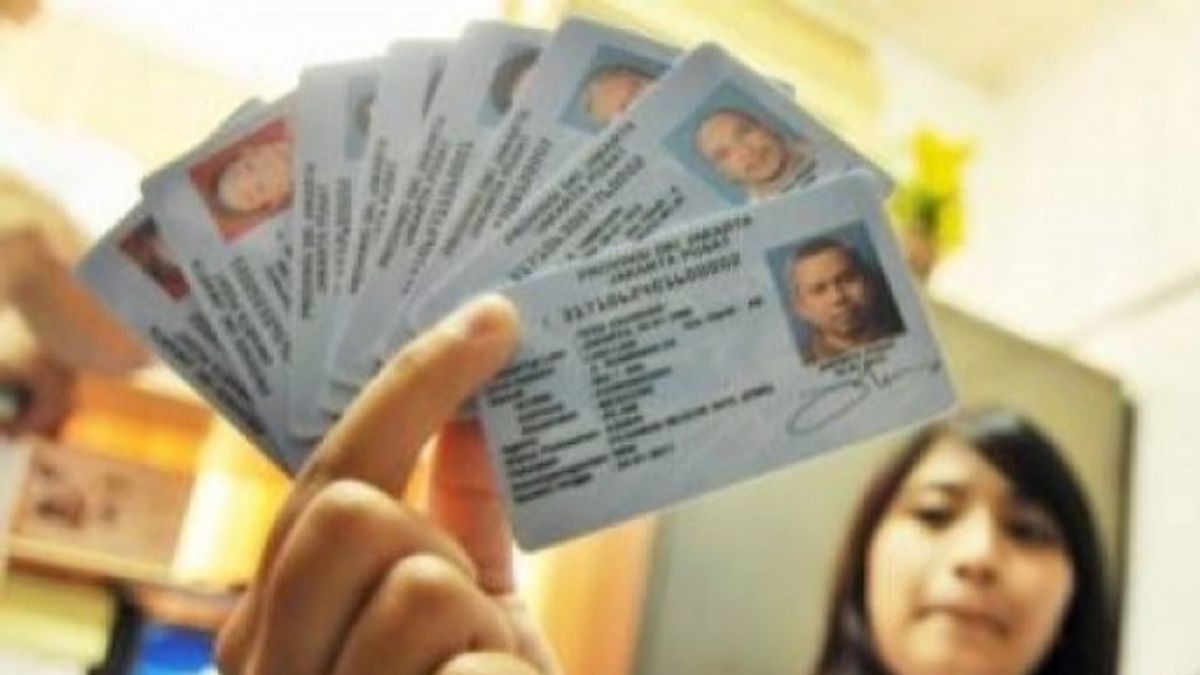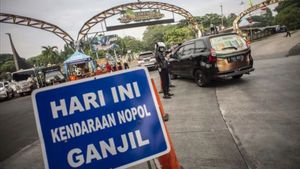JAKARTA - The DKI Provincial Government has started to organize population administration by deactivating the population identification number (NIK).
Head of the DKI Jakarta Education and Civil Registration Agency (Disdukcapil) Budi Awaluddin said that Jakarta residents who would later be affected by the deactivation of the NIK because they had lived outside the area could file an objection.
"Mereka (yang NIK-nya dihapus) bisa langsung datang ke kelurahan. Nanti ada petugas kita dan panggilan RT/RW untuk melakukan verifikasi dan validasi di lapangan," kata Budi kepada wartawan, Kamis, 18 April.
In the process, the DKI Provincial Government mapped out residents affected by the deactivation of the NIK. Then, the data was submitted to the Ministry of Home Affairs (Kemendagri) to remove the NIK.
Then, in verifying and validating the objections of residents affected by the deactivation of the NIK, the DKI Provincial Government will submit a recommendation to the Ministry of Home Affairs as a follow-up.
"If it is proven that the person concerned is still there and living there every day, we will remove him from the arrangement program. But if he is not there, then we recommend moving it," explained Budi.
The DKI Provincial Government has started the deactivation of the NIK with a target of 92 thousand Jakarta residents, with details of 81,119 NIK residents who died and 11,374 NIK residents in the Neighborhood Association (RT) who no longer exist.
Then, the deactivation of the NIK of Jakarta residents who already live outside the area will be carried out after the initial two categories have been deactivated.
Budi also asked people with DKI ID cards who live outside Jakarta to immediately transfer their population documents.
SEE ALSO:
Budi said residents must be aware, when the government is still distributing aid to residents who no longer live in Jakarta, regional finances are burdened and the use of the budget is not optimal.
"During the election yesterday, they (residents living outside the area) came to their parents' house (in Jakarta) and it turned out that they were still having ID cards there. They have lived outside for decades. In fact, we pay BPJS," he explained.
The English, Chinese, Japanese, Arabic, and French versions are automatically generated by the AI. So there may still be inaccuracies in translating, please always see Indonesian as our main language. (system supported by DigitalSiber.id)
















